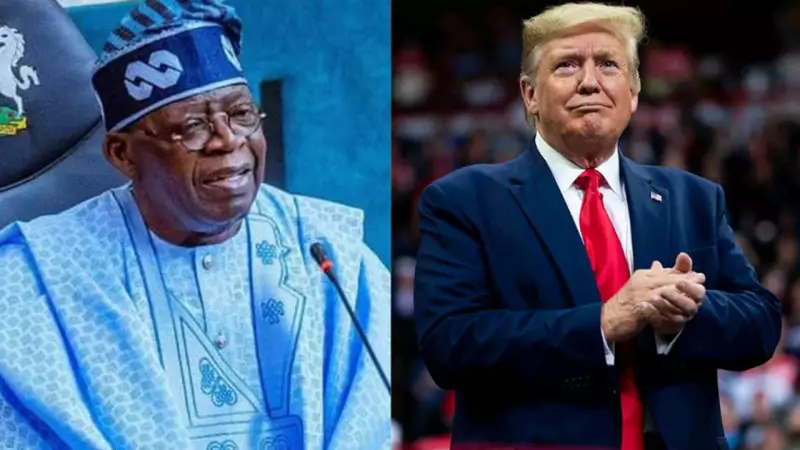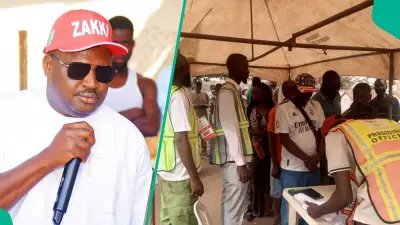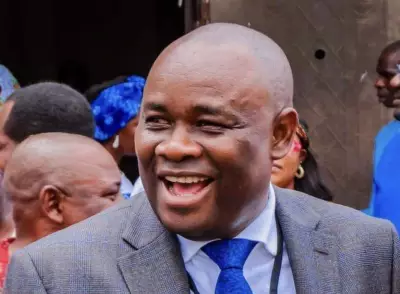
The growing crisis of religious violence in Nigeria has sparked intense international debate, with shocking allegations emerging about potential US military involvement. Recent reports suggest former President Donald Trump might have considered authorizing strikes against perpetrators of Christian killings in Nigeria.
The Escalating Religious Conflict
Nigeria has witnessed a disturbing surge in violence targeting Christian communities, particularly in the northern and central regions. Armed groups have been accused of systematic attacks on villages, resulting in numerous casualties and widespread displacement.
This escalating humanitarian crisis has drawn global attention, with religious freedom advocates and international organizations expressing deep concern about the protection of minority religious groups.
International Response and Legal Questions
The possibility of foreign military intervention raises complex legal and diplomatic questions. Under international law, sovereign nations generally prohibit external forces from conducting military operations within their borders without explicit government consent.
Legal experts emphasize that any unauthorized military action would violate Nigeria's sovereignty and potentially escalate regional tensions. The United Nations Charter strictly regulates the use of force between states, making such intervention highly controversial.
Historical Context of Foreign Intervention
Previous instances of international military action provide important context for understanding current debates:
- Counter-terrorism operations in neighboring countries
- Historical peacekeeping missions in conflict zones
- Multilateral security cooperation agreements
Political Implications and Reactions
The allegations have generated strong reactions from Nigerian officials and international observers alike. Government representatives have consistently emphasized Nigeria's capability to address internal security challenges without external interference.
Meanwhile, human rights organizations continue to document the escalating violence, calling for more effective protection of vulnerable communities through diplomatic and legal channels.
The Path Forward
As the situation develops, several key considerations emerge:
- Strengthening domestic security mechanisms
- Enhancing international cooperation and intelligence sharing
- Addressing root causes of religious conflict
- Developing comprehensive humanitarian responses
The ongoing dialogue highlights the delicate balance between international concern for human rights and respect for national sovereignty in addressing complex security challenges.






